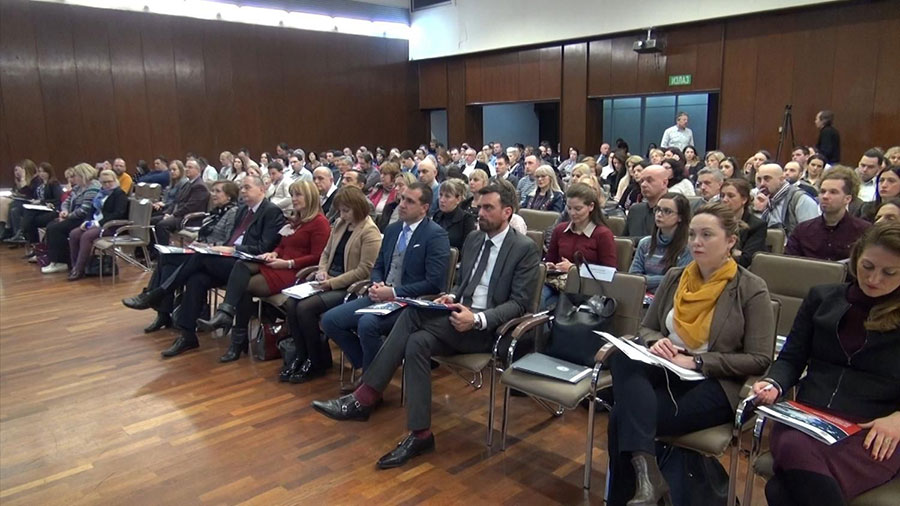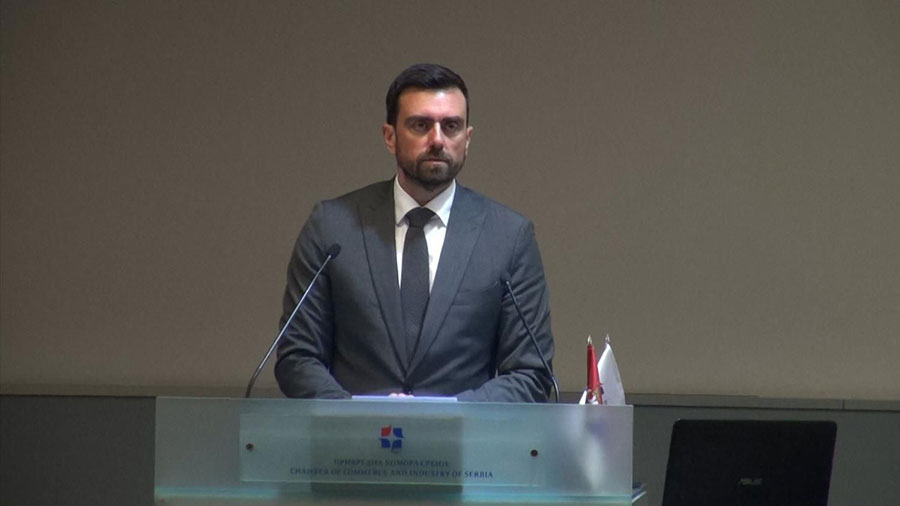Participants in the seminar titled “Establishment of institutional framework for the implementation of automated import/export system” said that the introduction of automated export/import systems without the need for paper documents would support Serbia’s economy in becoming more efficient and competitive. Among the participants in the seminar were representatives of the EU Delegation, Customs Administration and the Ministry of Finance who expanded on the implementation of the project funded through IPA with EUR1.5 million.
Introducing the automated import/export system is a major step forward on Serbia’s EU path, said Steffen Hudolin from the EU Delegation, adding that the introduction of paper document-free system will have a major impact on the business environment as it will make procedures more transparent and less complicated and improve budget revenue.
“As a result, we will have a fully electronic system, in line with Government’s priority to digitize the public administration,” he said.

FoNet
“The idea behind the introduction of paper-free system is to increase the quality and speed of doing business,” said Acting Director of Customs Administration Veselin Milosevic. “Doing business faster and more efficiently, reducing business costs and enhancing capacity to make bussiness people in Serbia more competitive.”
He said that in 2020 Customs Administration will start rolling out the system and added that by 2025 the system should be fully automated.
Automated system will minimize face to face contact between customs officers and exporters/importers which in turn will ensure unbiased procedures, said Dusan Carkic of the Department for Contracting and Financing of European Union-funded programmes.
He said that the EUR1.5 million worth IPA-funded project would help Customs Administration to modernize and strengthen its administrative capacity.




